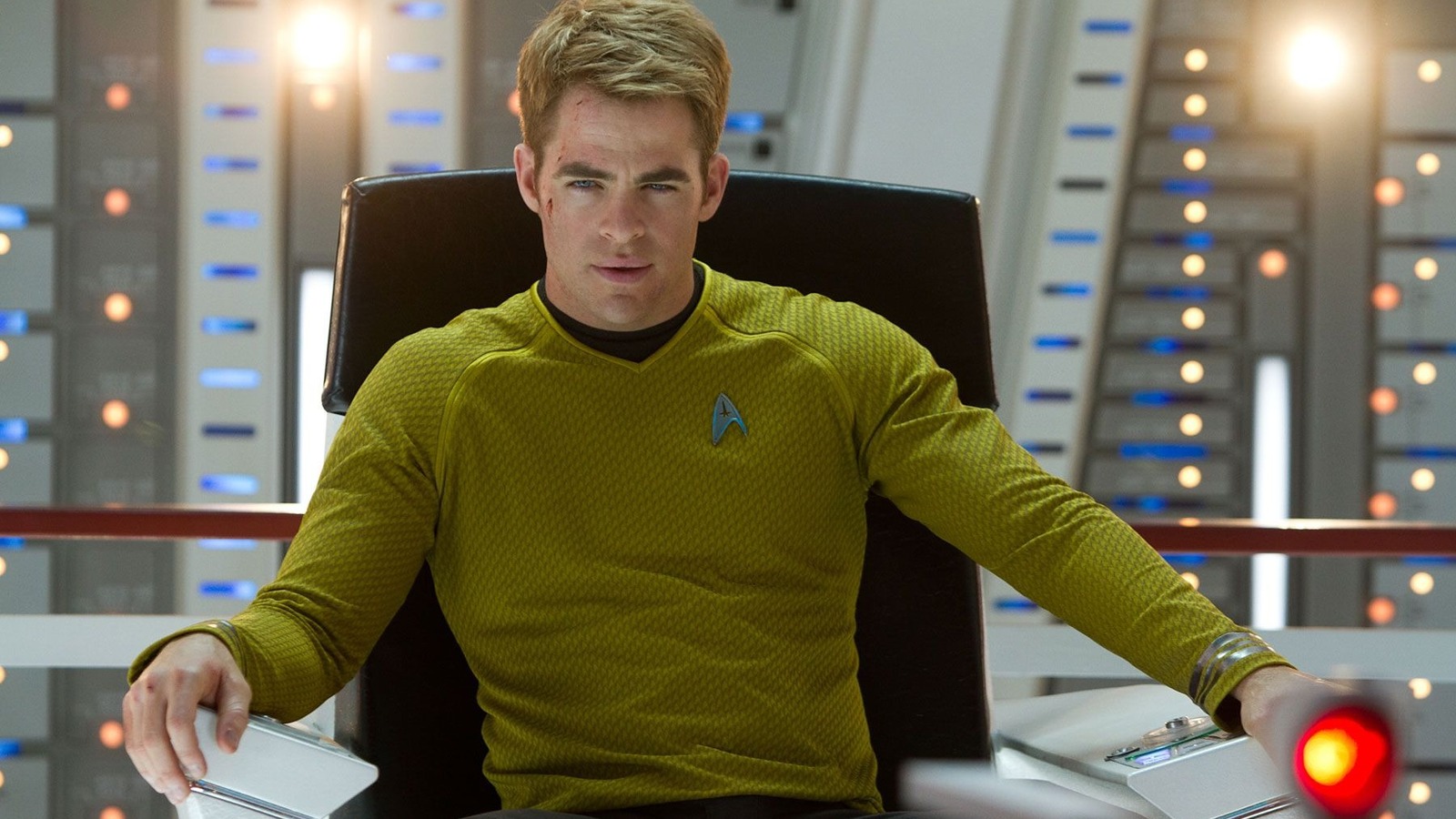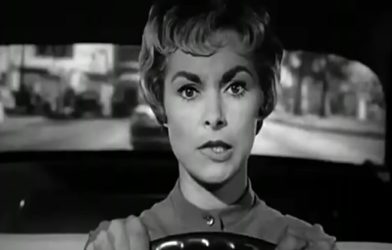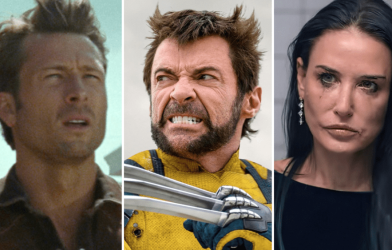When looking back at the 1960s, when Gene Roddenberry first created “Star Trek,” the world was a tumultuous place. Roddenberry looked out the window and saw war, violence, intolerance, and bigotry. He invented “Star Trek” as a reaction to all that, envisioning a future when war was over (because we wanted it), money had been eliminated, and bigotry was dead. But to achieve this utopia, humanity needed to hit a “low point” first. As such, the timeline of Trek required Earth to nearly destroy itself before it could have a moment of clarity.
If Kinberg aims to time-shift First Contact and the formation of Starfleet to the modern era, it would become a fascinating speculation indeed. If “Star Trek” began without the Roddenberrian moment of clarity, would utopia still be achieved? What if we had starships and access to Vulcans today in 2024? Would the utopia of “Star Trek” be kickstarted 200 years early, or would we humans, still presumably warlike, merely struggle through the Eugenics Wars/Second Civil War/World War III up in space instead of on the ground?
And if Kinberg’s goal is to shift “Star Trek” history so dramatically, it would mean that he is deliberately erasing the Kelvin timeline. Remember that before the Kelvin timeline split, “Star Trek” was identical in both timelines. “Star Trek: Enterprise” still played itself out as we saw in the 2001 to 2005 TV series, and references to “Enterprise” were made liberally throughout 2016’s “Star Trek Beyond,” the second sequel to “Star Trek” (2009).
If Kinberg does set the action of his new film in the modern day, “Enterprise” would be retconned entirely … as would all of “Star Trek.”
That’s even more daring than the parallel timeline from Abrams’ film.
Time will tell.









